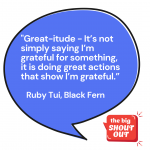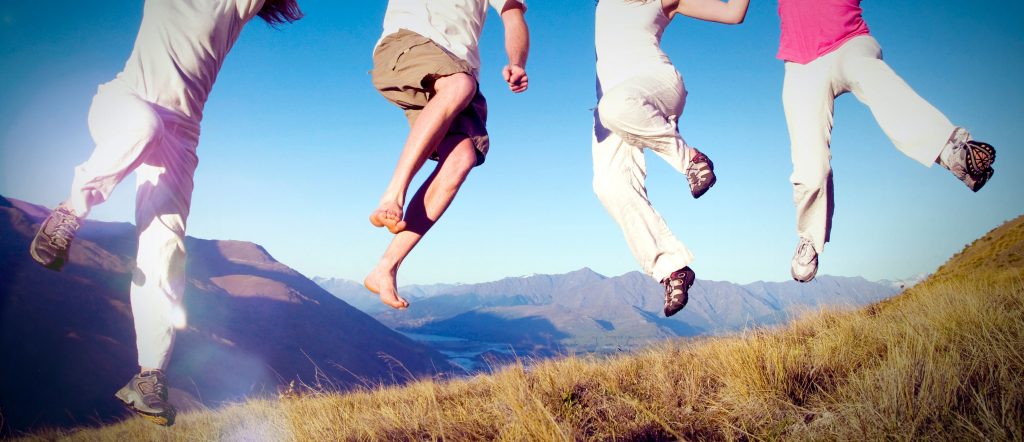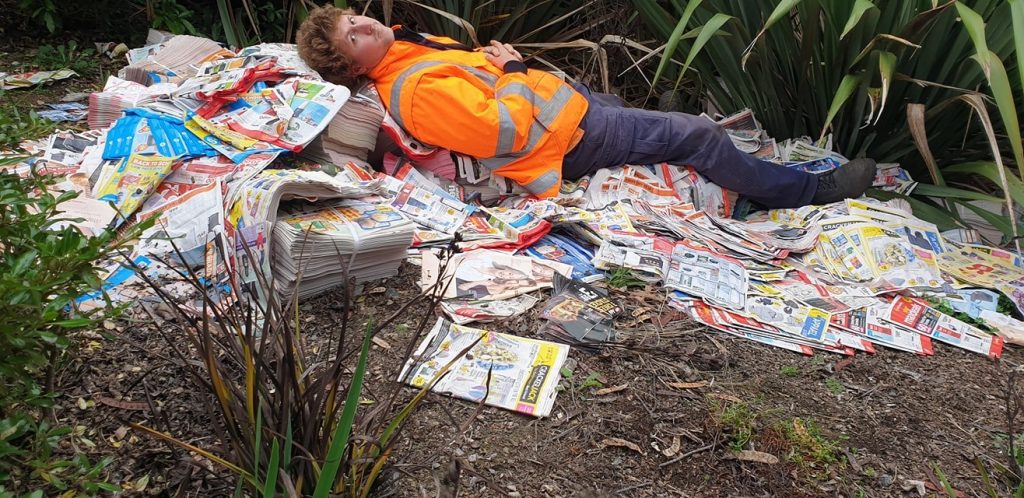Gratitude is the key… especially in a time of crises
by Ron Rowe
“At times, our own light goes out and is rekindled by a spark from another person. Each of us has cause to think with deep gratitude of those who have lighted the flame within us.” – Albert Schweitzer.
The recent weather crises have seen the rekindling of the much needed spark from many hundreds of volunteers. My wife Ngaire and I recently returned to Hawkes Bay (Puketapu) to work in support of our former Lions Club in Hastings, who were lending support and sustenance to the many people affected by the cyclone damage.
There was immense gratitude shown by both those who had lost so much including, initially, their view of the way forward, and from the volunteers who demonstrated yet again the gratitude they had for the opportunity to actively be a part of something much bigger than themselves.
Gratitude is a major key, perhaps even ‘the’ key to both personal and collective wellbeing, it is a simple yet effective way we all have allowing us to recognise our connection to the rest of humanity and acknowledge others’ roles in our lives.
Authentic gratitude can be felt, seen and experienced.
Gratitude, from the Latin word gratus, meaning thankful, pleasingly rhymes with “attitude,” When you feel gratitude, you’re pleased by what someone did for you and also pleased by the results.
 Ruby Tui, the hugely successful International Black Fern in her recent superb book ‘Straight Up’(Allen& Unwin) talks of Greatitude. Close to gratitude Ruby says, yet with a little more punch. “It’s not simply saying I’m grateful for something it is doing great actions that show I’m grateful.”
Ruby Tui, the hugely successful International Black Fern in her recent superb book ‘Straight Up’(Allen& Unwin) talks of Greatitude. Close to gratitude Ruby says, yet with a little more punch. “It’s not simply saying I’m grateful for something it is doing great actions that show I’m grateful.”
When authentically shown it’s the warm feeling we get when recalling the event or situation for which the value of your contribution was acknowledged. How many times do we say ‘thank you’ without taking a moment to actually feel thankful?
It’s a practice that requires acknowledging someone else’s gesture towards us or the things that are being assisted in our lives. It involves both a process of recognition of the positive and its outcome.
Psychologists have highly researched gratitude and find it to be among the main focuses of positive psychology. Evidence suggests that people who consciously count their blessings tend to be happier and less depressed.
We can feel, be, and act grateful. So gratitude is both an emotion and a feeling. For instance, “What a nice gesture,” or “I am so fortunate to be part of this organisation.”
When the legacy is written of the damage, the personal toll, the rebuilding of lives and shattered trust felt within communities, the one thing that will stand out is the immediate and ongoing work of many volunteers. We can thank them for what they do, and, as volunteers, we are grateful for the opportunity to serve others.





About The Author: Margaret McLachlan
More posts by Margaret McLachlan